Mental health is a cornerstone of our overall well-being, yet it is often overlooked, stigmatized, and underfunded. The COVID-19 pandemic has served as a wake-up call, putting mental health in the global spotlight. According to the World Health Organization (WHO), one in eight people worldwide lives with a mental disorder, and the pandemic has led to a 25% increase in anxiety and depression cases. This statistic isn’t just a number; it represents millions of untold stories—stories of struggle, resilience, and the dire need for compassionate care. In a country like India, where nearly 150 million people need mental health intervention but 70-90% receive no treatment, these stories are both heart-wrenching and enlightening. Let’s delve deeper into some of these stories to understand the human side of mental health and why making it a priority is essential.

Author Profile On ResearchGate
Dr. Saurabh Kumar
Dr. Saurabh Kumar is a distinguished expert in mental health, having authored numerous influential articles on ResearchGate. His research focuses on innovative approaches to mental health care and treatment. His work contributes significantly to advancing the understanding and improvement of mental health practices.
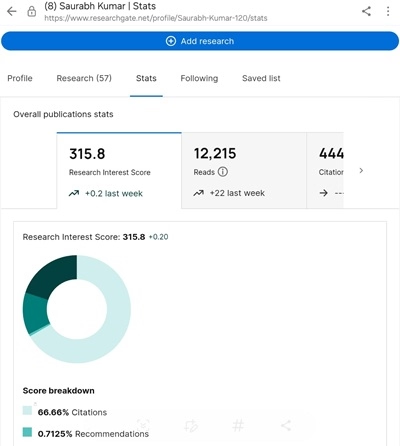
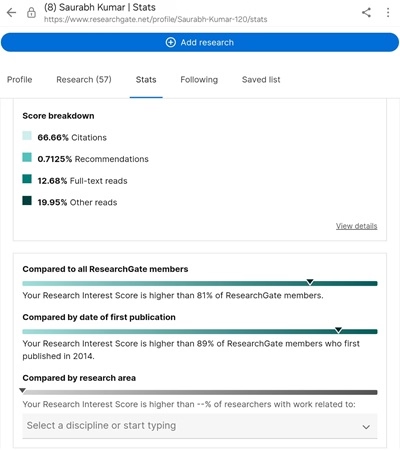
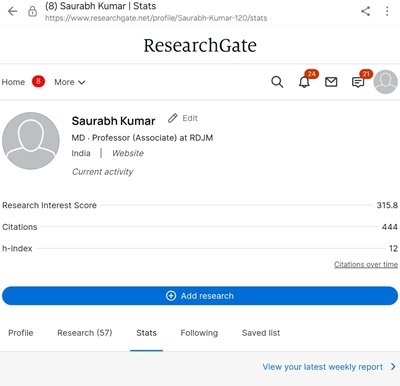
The Personal Cost of Neglecting Mental Health
Imagine a bustling street in Mumbai. Among the throngs of people, there is Meera, a 45-year-old single mother who has been silently battling depression for over a decade. Meera’s life took a drastic turn after the sudden death of her husband. Left to fend for her two children, she was overwhelmed with grief and anxiety. The lack of understanding and support from her extended family and community added to her burden. "I was afraid to speak up," Meera says. "I didn’t want people to think I was weak or incapable of raising my children." Without proper mental health support, Meera's condition worsened, affecting her ability to work and mental healthcare for her children.
Meera’s story is not unique. The economic and personal toll of untreated mental health issues is enormous. Beyond lost productivity and healthcare costs, untreated mental health issues lead to broken families, shattered dreams, and lives lost too soon. The WHO estimates that mental disorders will cost the global economy $16 trillion by 2030 if not addressed. In India alone, mental health issues have cost over $1 trillion between 2012 and 2030, equivalent to the country’s GDP for a year. But behind these figures are real people—people like Meera—whose lives and futures are at stake.
Breaking the Chains of Stigma: Sunita's Fight for Acceptance
In a small village in Uttar Pradesh, Sunita, a 35-year-old school teacher, lives a double life. To her students and colleagues, she is a caring and competent teacher. But privately, she struggles with bipolar disorder. She hides her condition out of fear of being labeled "pagal" (crazy), which could cost her job and her standing in the community. "I’ve seen what happens to people who are openly known to have mental health issues," Sunita confides. "They become targets for gossip and exclusion. It’s easier to just stay quiet."
Sunita’s story is a stark reminder of how stigma surrounding mental health can lead to human rights violations. Individuals with mental illnesses are often viewed as "dangerous" or "incapable," stripping them of their dignity and making it difficult for them to seek care. Bollywood films and popular media often reinforce these stereotypes by portraying individuals with mental disorders as violent or as comic relief. However, the narrative is slowly changing. Films like "Dear Zindagi" have begun to portray mental health issues more sensitively, showing the importance of seeking help and the journey toward recovery. Changing these societal attitudes is crucial for people like Sunita to live openly and seek the care they need.
Integrating Mental Health into General Healthcare: Rajesh's Turning Point
Imagine Rajesh, a small business owner in Chennai whose thriving restaurant was his pride and joy. However, the pandemic and lockdowns took a toll not only on his business but also on his mental health. Rajesh started experiencing severe anxiety and panic attacks. "I felt like a failure," he recalls. "I couldn’t sleep, eat, or even think straight. My heart was always racing."
Rajesh's turning point came when he visited a general hospital for what he thought was a heart condition, only to be referred to a mental health professional. He was surprised at first, but the stigma around mental health was lessened when he received treatment alongside people with other health conditions. "I realized that my mental health was just as important as my physical health," he says. Integrating mental health services into general healthcare settings, like Rajesh experienced, can reduce stigma and improve access to care, addressing the gaps caused by limited resources.
Successful models like the NIMHANS approach in Karnataka, where mental health services are integrated into primary healthcare, have demonstrated this potential. In this model, local healthcare workers are trained to recognize signs of mental health issues, provide initial support, and refer patients to specialists when necessary. This integrated approach ensures that people receive comprehensive care that addresses both their physical and mental health needs.
Community-Based Care: Amit's Path to Recovery
In Kolkata, Amit, a 40-year-old factory worker, found himself spiraling into anxiety after losing his job. The anxiety crept into his daily life, affecting his relationships and his ability to function. "I felt trapped," Amit shares. "There was no way out. I thought I was losing my mind." Amit’s story could have taken a darker turn if not for a community-based mental health program inspired by the Atmiyata project in Maharashtra. Through this initiative, trained community health workers conducted mental health screenings in his neighborhood and connected him to support groups.
For Amit, the proximity of care was crucial. "I didn’t have to travel far or wait for months to see someone," he says. "The support was right here, in my community." Community-based care models provide mental health support where it is needed most and reduce the toxic positivity associated with seeking care. This approach promotes early intervention, which can prevent more severe mental health issues from developing and ensures timely and appropriate care.
The Media’s Role in Reshaping Perceptions
Picture a prime-time television show where the protagonist, a successful lawyer, openly discusses her therapy sessions and journey with depression. Such scenarios are gradually becoming a reality in Indian media, but there is still a long way to go. The media's power to shape public perception about mental health cannot be overstated. Campaigns like "Aaj Bhi" by The Live Love Laugh Foundation have shown how real stories of individuals living with mental health conditions can encourage open conversations and break the silence that often surrounds mental health.
Imagine if every news outlet and entertainment platform took a similar approach, using their reach to humanize mental health issues rather than sensationalize them. As media consumers and creators, we all have a role in demanding and producing content that accurately and sensitively portrays mental health issues.
From Policy to Practice: Kerala’s Model of Success
India’s National Mental Health Policy of 2014 was a landmark step towards recognizing mental health as a priority. However, implementing this policy remains challenging. Kerala’s "Aswasam" program offers a glimmer of hope. By integrating mental health services into primary healthcare, Kerala has shown how national policies can be translated into local action. The program trains healthcare workers, allocates resources, and establishes a robust referral system, demonstrating that comprehensive mental health care is possible with political will and community engagement.
Other states can learn from Kerala’s model and adapt it to their unique contexts, creating a nationwide network of accessible, quality mental health services. We need policies that don’t just exist on paper but are actively implemented and monitored for effectiveness.
Technology: Bridging Gaps in Mental Health Care
In the tech hub of Bangalore, a group of young entrepreneurs is developing an app to provide mental health support tailored to individual needs. This is not a futuristic idea but a reality that is already transforming how mental health care is delivered. Apps like "Manas," developed by NIMHANS, offer self-assessment tools, guided meditation, and direct connections to mental health professionals. With more than 100,000 downloads, it is helping thousands take their first steps toward better mental health.
However, while technology bridges many gaps, it also brings new challenges, such as data privacy and the digital divide. We must find the right balance between technological innovation and human-centered care to ensure that mental health care is both accessible and compassionate.
A Call to Action: Changing the Future of Mental Health in India
We stand at a critical juncture where the need for collective action on mental health has never been more urgent. From policymakers to community leaders, from corporate boardrooms to school classrooms, every Indian has a role to play in this mental health revolution. Imagine an India where seeking help for mental health is as normal as visiting a doctor for a fever, where every health center offers mental health services, and where communities come together to support those struggling with mental illness.
This vision is within our reach, but it requires commitment, resources, and a fundamental shift in how we view and prioritize mental health. As we face the challenges of the 21st century, from economic pressures to climate anxiety, investing in our mental health is not just a medical necessity—it is a social, economic, and moral imperative. The time to act is now. Let’s build a healthier, more resilient India where mental health is a priority for all
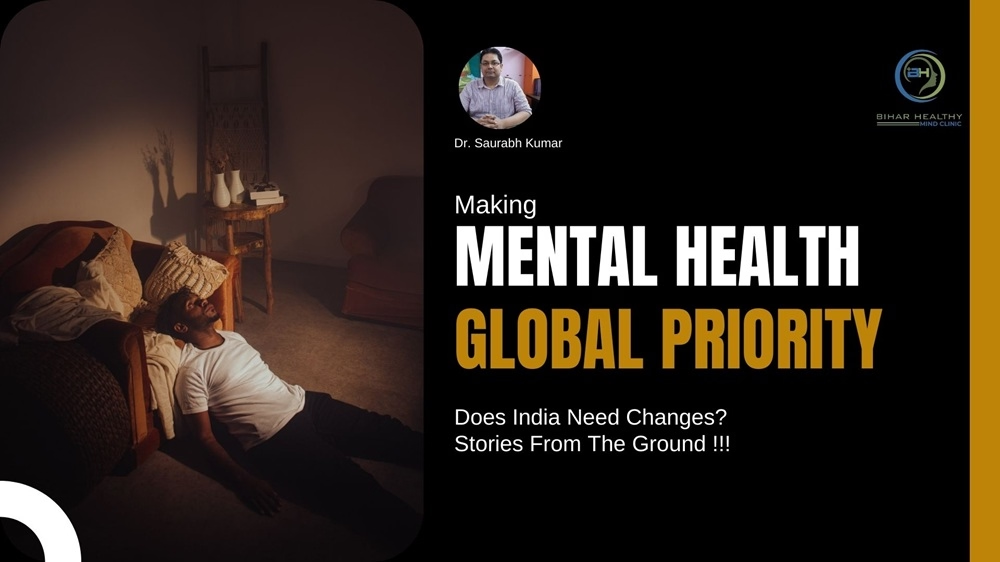
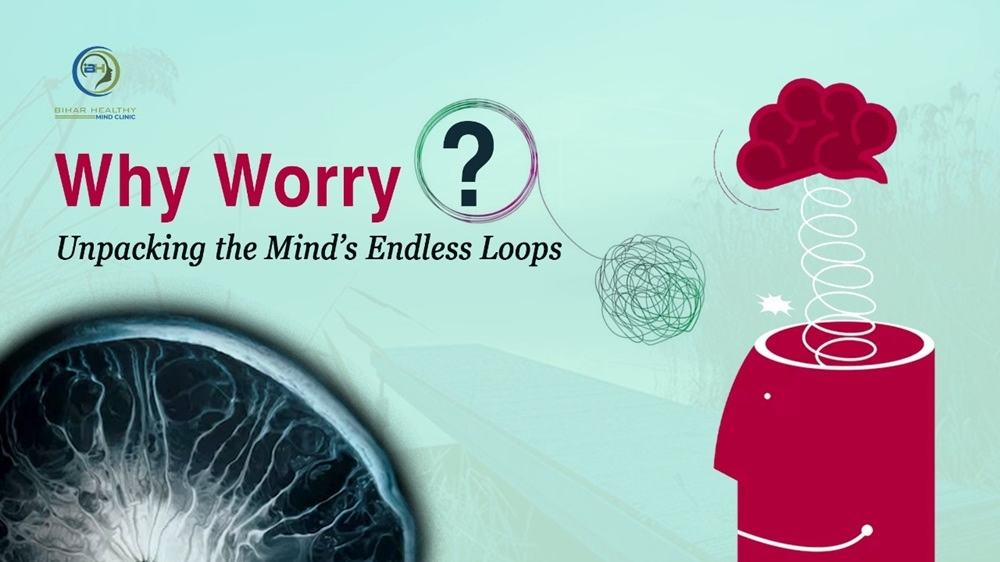
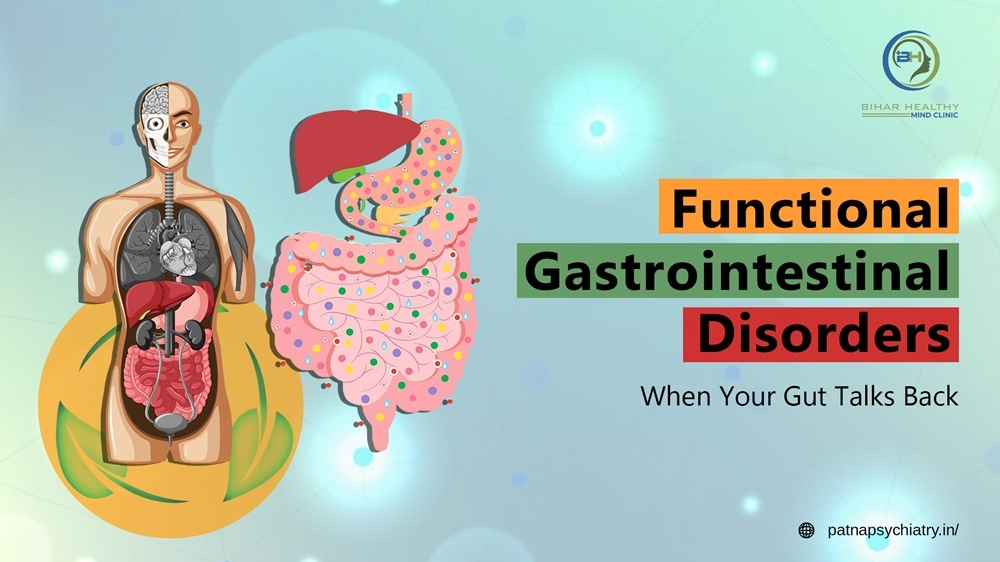
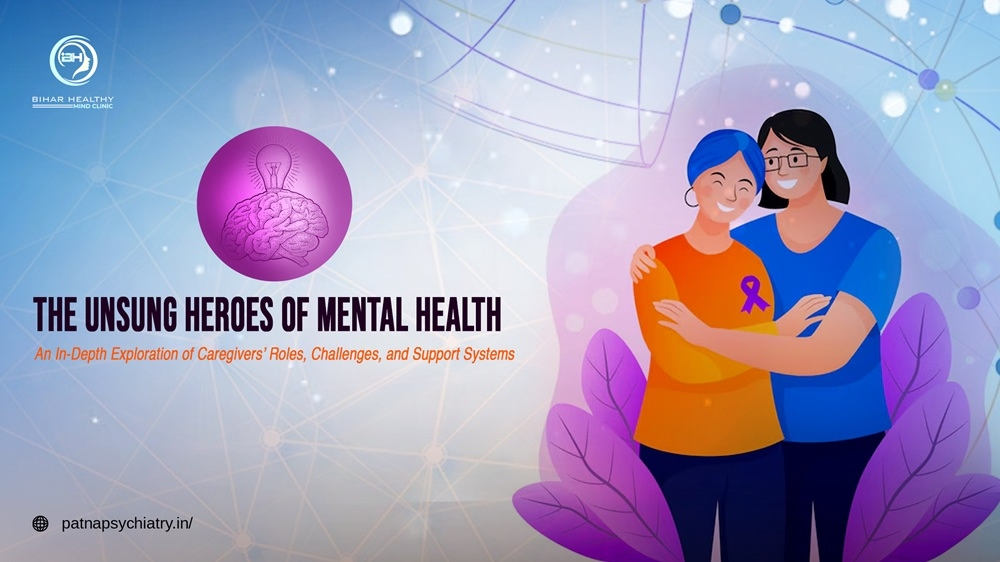
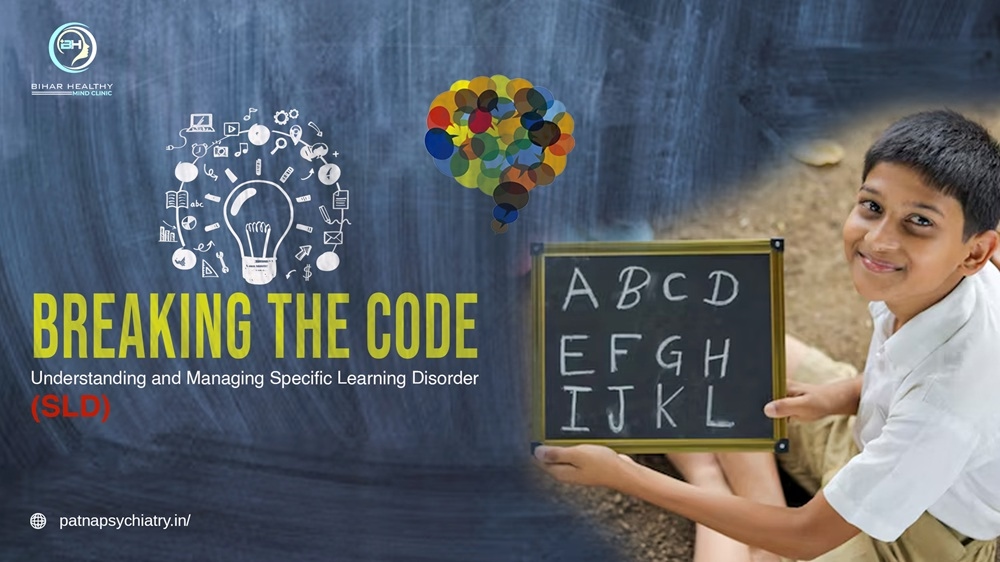
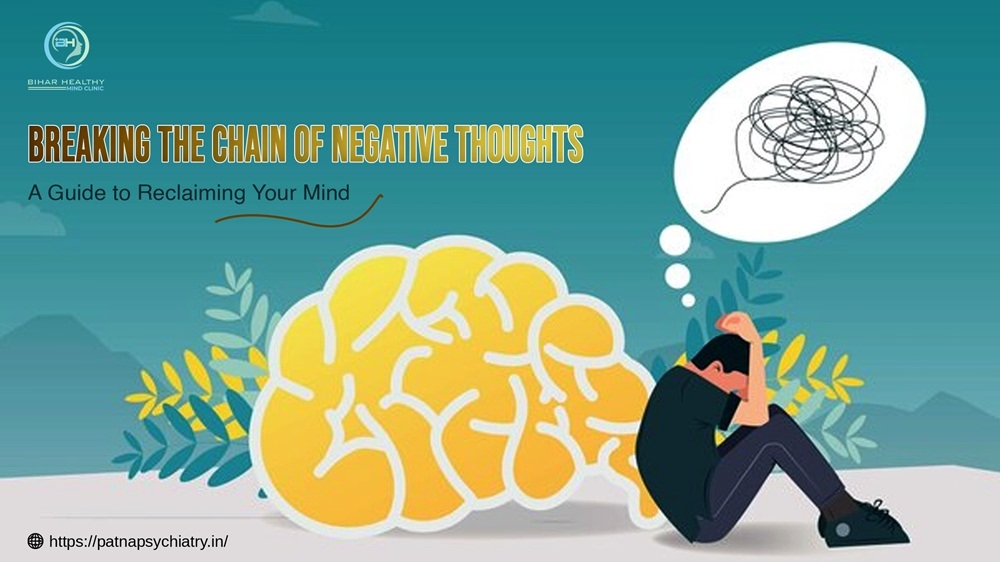
You're so awesome! I do not believe I've read anything
like this before. So great to discover somebody with a few original toughts on this subject
matter. Seriously.. thank you for stgarting this up.
This web site is something that's needed on the web, ssomeone with a biit of originality! https://lvivforum.Pp.ua/